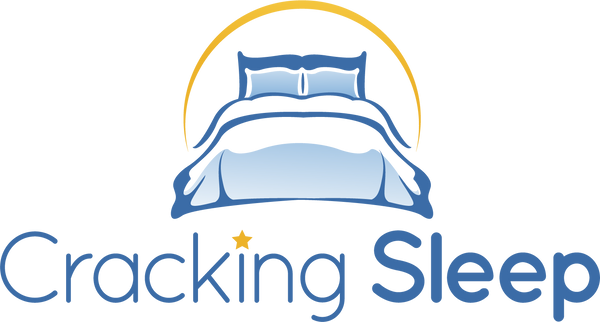I’m old.
Not ancient, but closer to the end of the tunnel than the entrance.
So old… I remember Margaret Thatcher (the polarising 80s Prime Minister) claiming she slept only 4-hours each day.
Was Maggie a liar?
Okay, bad question to point towards such a questionable politician, but there is almost certainly something to it. However unlikely it is to have been some kind of superpower.
Thatcher was 53 when she came to power, so it is possible she was perimenopausal… which is known to mess with sleep cycles. There are, however, a few other potential explanations…
The DEC2 Gene
A strange phenomenon exists where a gene mutation can cause exactly this… a natural sleep-cycle of around 4 to 6 hours.
This isn’t someone training themselves to sleep less, or even choosing to split sleep – which we’ll come onto shortly – but a natural and restorative sleep cycle allowing the person to go to bed at midnight and be fully up and running again before 5am.
How so?
Well, most of us work on a roughly speaking 8-hour cycle. During that cycle a hormone called Orexin increases and decreases in line with our natural sleep cycle. In fact, there is some scientific evidence it is Orexin that causes the light-switch experience where we nod-off at night and spark-up again in the morning.
What does DEC2 have to do with this?
It’s a powerplay of genes that control how much Orexin is released and when. DEC2 has a big part to play in that and it’s mutation is thought to allow those carrying this mutated gene to function relatively well on what most of us would experience as mental-health triggering sleep deficits.
DEC2 mutations are extremely rare though. At a rate of less than 1% you have more chance of being a twin.
Biphasic Sleep
As the name suggests, biphasic sleepers either deliberately or naturally split their sleeping patterns into 2 chunks. Some go further and chunk it up further into polyphasic sleep.
Sticking with biphasic thought, there are 2 main versions of this.
Firstly, we see what is typically considered a Spanish siesta… where an extra nap is thrown in at some point in the afternoon. This becomes more common globally as we age, with many older people choosing an afternoon kip.
Then we have the more distinctive actual splitting of sleep into 2 distinct blocks.
Large parts of society worked this way from at least 700BC up to the 1800s, where it appears to have largely fallen out of favour… but historically, there’s a bundle of evidence to point to this being the norm.
In the 1700s story/ballad ‘Old Robin of Portingale’ the activity is captured with the verse:
& at the wakening of your first sleepe,
You shall haue a hott drinke made,
& at the wakening of your next sleepe
Your sorrowes will haue a slake.
But why?
Digging around in the huge internet archives we all now have at our fingertips, the best explanations always seem to revolve around culture.
Before we had light at our fingertips, social cultures were driven by daylight. Rather than going to sleep when it got dark and waking again to sunrise, it appears our ancestors made good use of the pitch-black night.
Whereby during the day, large sections of social groups would be out working (not much change there) – night-time was when everyone in the group was together. So, after a first sleep of around 4 to 5 hours, it appears to have been standard practice to wake-up and get together again as a group for a bit of social bonding such as storytelling and cultural sharing… all before gas street lighting was a thing.
And that seems to be it.
There doesn’t appear to be any other evidence to suggest splitting our 8-hours into two blocks of 4 has any benefit for us on a human level. In fact, there’s a lot of scientific evidence around that shows our sleep pressure naturally wants us to stay knocked-out in order to regenerate enough energy for another attack at the day ahead.
Naps, or siestas, are a different kettle of fish though. These appear to be positive additions to our 7 - 8 hours of proper kip, not a segmented part of it.
That said, it is always handy to remember we are all different. If, for whatever reason, you feel better prepared for life by waking-up after 4-hours, doing a bit of work or socialising for an hour or 2 before getting your head down again… go for it.
It just doesn't appear to be what works for most.
Cheers,
Alan
P.S. I have taken to creating various bits on sleep and sleep apnea. If you would enjoy hearing more and find out where else you can find stuff like this, you can get my weekly Triple Whammy email, which has 3 short topics each week. Some written or recorded by me and others I’ve found out there in the strange world we live in.
If this is you, sign up here and you will get the very next one.

